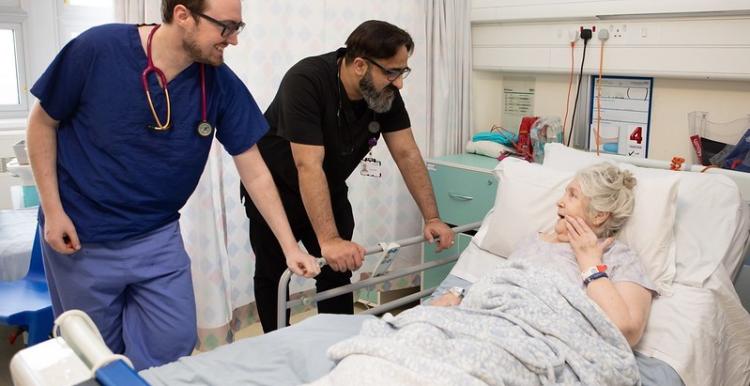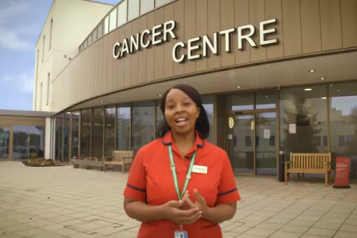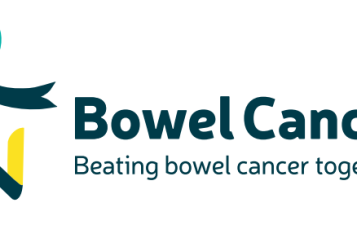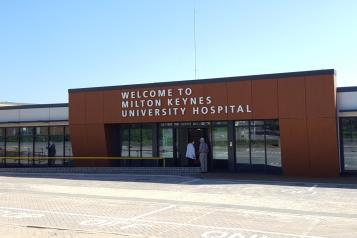Understanding cancer care from the patient’s perspective

Looking ahead, the NHS 10 Year Plan promises more targeted cancer screening, a clinical trial of a cancer vaccine, and reiterates several other government plans to reduce tobacco use and promote healthier lifestyles. A National Cancer Plan is also expected to be published in the autumn.
However, there are some concerns over the starting point for these reforms. The 2024 independent investigation of the NHS by Lord Darzi highlighted that cancer care outcomes in England lag well behind those of other countries, with fewer people taking up cancer screening opportunities and longer waits for cancer care.
Overall, the experiences shared by patients with the Healthwatch network across England are mixed.
How quickly should patients be seen?
There are currently three main waiting time standards for cancer care:
- The 28-day Faster Diagnosis Standard, with a target that 75% of patients with suspected cancer should have a diagnosis or cancer ruled out within 28 days of an urgent referral
- The 62-day referral to treatment standard, with a target that 85% of patients receiving a diagnosis should start their first treatment within 62 days of the original referral
- The 31-day decision to treatment standard, with a target that 96% of patients should start their first treatment within 31 days of their cancer diagnosis and treatment plan being agreed
The latest statistics on cancer treatment waiting times show a mixed picture on meeting these standards.
Analysis by Cancer Research UK shows that the target of 75% of people being diagnosed with cancer or who had cancer ruled out within 28 days of an urgent referral was met in June 2025.
Yet only 67% of people in England received their diagnosis and started their first treatment within 2 months of an urgent referral in the same period. This is below the target of 85%.
Getting referred to specialist care
A major theme you told us about is the difficulty in getting a timely appointment with your GP. People who are worried that they might have symptoms of cancer need an urgent appointment for a referral. Unfortunately, this didn’t always happen:
“I wanted a GP appointment after finding a lump in my breast. No appointments available until the back end of never, but the receptionist, who I had told what the issue was, said I would have to phone back at 8am to try and get a phone appointment.
“She said she was unable to put me on the list for a call for that day as it was already full. I would have to keep phoning until I got lucky, even though I’d described a potentially life threatening condition to her. It took 3 days to get a call back. It was an aggressive cancer.”
Story shared with Healthwatch England
People described situations where their GP didn’t listen to their concerns about possible cancer symptoms. They often had to return several times before being referred for treatment. People also told us that they were diagnosed with other conditions before cancer was spotted:
“The GP missed my bladder cancer diagnosis. Diagnosed a urinary tract infection (UTI). I had to keep going back 3 times and pushing them before they'd take me seriously. My cancer would have been less advanced if they'd picked it up earlier when I first went to them with symptoms...really poor.”
Story shared with Healthwatch England
In other stories, people’s cancer diagnoses were delayed due to problems at the hospital end accepting GP referrals. Referrals were sent from department to department, or rejected, delaying diagnosis and treatment.
Long waits for diagnostic test and scan results
People with suspected cancer need to undergo diagnostic tests and scans to confirm a diagnosis. We heard about people who had to wait for scans and tests and then experienced a further wait to get the results. This is an issue that we heard about during the COVID-19 pandemic.
People described feeling anxious during the wait or they assumed the long wait meant there was nothing wrong:
“Referral from GP to bloods and hospital went well but it took 5 weeks from biopsy to results. This had put me in a false sense of security thinking they would tell me if it was bad! However I was then told I had invasive lobular breast cancer and needed surgery etc. That should NOT happen plus you think how it has grown in those 5 weeks!”
Story shared with Healthwatch England
Long waits for results mean that cancers could get worse during the waiting time. One study estimates that a four week delay to cancer surgery led to a 6 – 8% increased risk of dying.
Experiences of cancer care
People told us lots of positive experiences of cancer care, particularly when they had had quick referral, diagnosis and treatment:
“Initial screening to surgery took only a few weeks. Everything went according to plan and was done in a timely fashion.”
Story shared by Healthwatch County Durham
People expressed their gratitude for being able to access groundbreaking treatment and follow up care after the cancer had been treated:
“In 2024 I was diagnosed with kidney cancer. The urologist at my local hospital outlined the options for treatment … I was referred to another hospital in the area where a professor was conducting a pioneering trial for removing kidney cancers using focused ultrasound, a non-invasive treatment. I was offered a place in the trial.
“… Within 10 days I felt back to normal. The follow-up scans went on for 6 months. After each scan I got a reassuring phone call with the results. On each occasion the lesion had shrunk in the way the professor had expected. I recently met with the professor who gave me the all clear. The amazing treatment I received made me realise that I was very lucky to have been accepted onto the trial.”
Story shared by Healthwatch North Yorkshire
We heard about the impact of kind, patient and empathetic staff who look the time to explain treatment:
“The doctors, anaesthetist, nurses and staff at the breast clinic have been absolutely fantastic to me. I had my mastectomy and because of rare illnesses it was done by local anaesthetic. The surgeon was amazing, gentle and caring, the did all he could to make it as comfortable as possible. He held my hand all through surgery, talked to me and got a tissue and wiped away my tears. The nurses were so caring, all saying I was very brave and they could not have had it done under local.”
Story shared by Healthwatch Isle of Wight
However, patients have also heard about poor experiences of care.
You have shared stories about staff who were under pressure and were curt with patients who wanted to ask questions about their cancer and treatment. Poor administration also affected people’s perception of care, for example, having to chase up follow up appointments, consultants not having access to diagnostic test results and mistakes on consent forms.
Share your experience of cancer care
If you have recently gone though, or are currently going through cancer treatment, share your experience with us. We will gather your feedback and share with NHS leaders. Everything you share will help NHS services to improve care.


